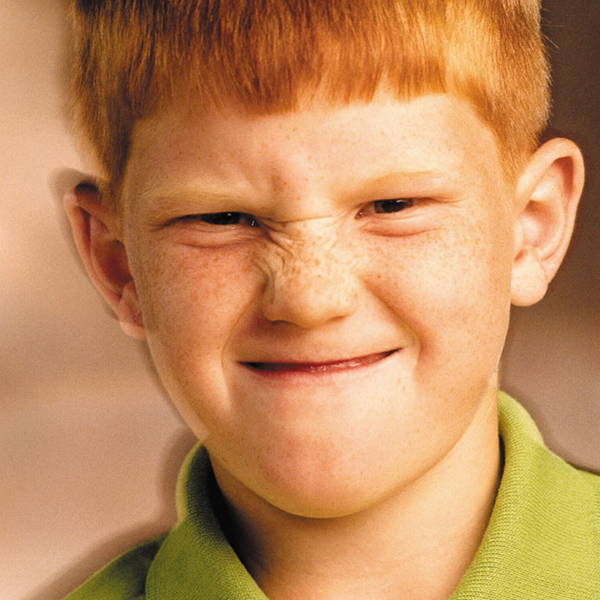Seven-year-old Jessica tried climbing into bed with her mother one night. Her mother said, “Honey, you’re all wet! I think you wet your bed.” Jessica responded, “But Mommy, I don’t wet the bed.” In fact, Jessica had not wet the bed since she was three — until that night.
Kyle, six years old, was a calm boy who loved school and soccer. In August, Kyle changed dramatically — he threw tantrums, argued, and cried over little things. After about two weeks, he was back to his usual self, doing well among family and friends.
Lana was a confident third-grader who loved performing in school plays. Her mother often traveled on business for a day or two, and Lana did not seem to mind. After her mother returned from a week-long trip, Lana began to suck her thumb and refused to leave her mother, even to play with friends.
What Do Each of These Children Have in Common?
They are all regressing, behaving in ways considered immature for their age. Children under stress frequently regress as a way of escaping to a time when they felt less vulnerable. Growing up means having to deal with things more maturely. Jessica, Kyle, and Lana all began acting in younger ways because they were confronting problems they wished someone else could solve.
Why Regression?
Regression is a normal response to childhood stresses. For Jessica, an earthquake was the stressor; for Lana, her mother’s unusually long absence.
Throughout childhood, Kyle seemed to have difficulty every August. Camp, school starting, and vacations were ruled out as causes. What else happened in August? That was the month Kyle was abandoned by his birth mother. It was also the time his adoption was completed! August brought intense emotions — and yearning for safety and protection.
How Might a Child Regress?
By throwing, clinging, thumb-sucking, bed-wetting, or other sleep disturbances. He may cry over trivial things, demand to be spoon-fed, drink from a baby-bottle, startle at familiar sounds, or reactivate old fears. Regression may bring back any behavior a child has not done in a long time.
What Can a Parent Do?
Talk to your child, make him aware of his behavior, and explore why it’s happening. “You don’t usually wet the bed. Is there something bothering you?” Some kids, like Kyle, may benefit from counseling with someone who can help them work out their intense feelings and thoughts.



